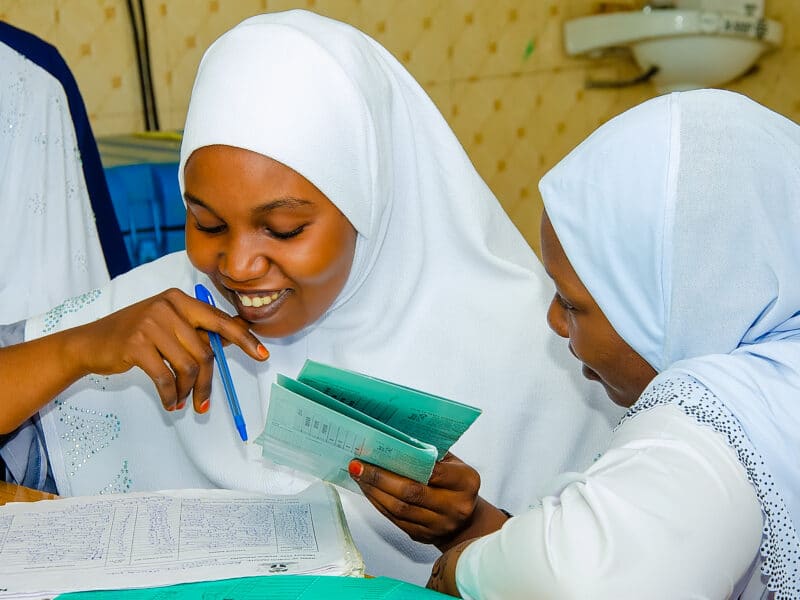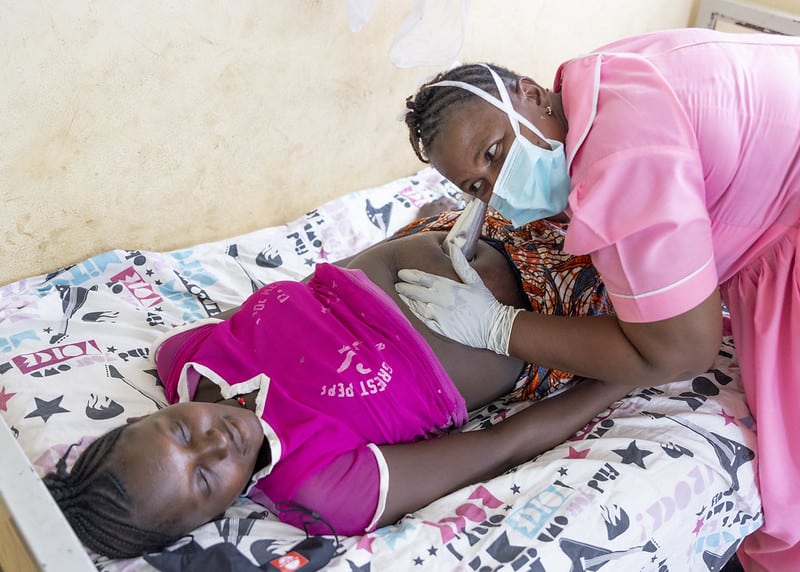While students in Ghana prepare for a competition to see who can perform the most community outreach around long-lasting insecticide-treated nets (LLINs) parents participate in Parent-Teacher Associations (PTAs) to organize their own outreach activities. This initiative has impacted thousands of schools in the country.
NetWorks, a partnership between the Johns Hopkins Bloomberg School of Public Health Center for Communication Programs (JHU∙CCP) and other organizations, including Malaria Consortium (MC) and Catholic Relief Services (CRS), is working with the Ghana Education Service’s School Health Education Program (SHEP), National Malaria Control Program (NMCP) and USAID’s Deliver Project to provide Long-Lasting Insecticidal Net (LLIN) coverage and malaria messaging materials to schools across Ghana.
The LLIN school distributions occurred over the first three weeks of July this year. During this time, NetWorks, in conjunction with the NMCP, delivered 1.2 million bed nets to over 18,000 schools.
A key component of this initiative is social mobilization in schools. Students learn about the availability of LLINs through drama, storytelling, drawing and games. Each effort emphasizes continuous and consistent use of LLIN and proper bed net care.
Starting this September, trainings will be conducted for 450 teachers and cultural officers on using malaria flipcharts provided by NetWorks and relaying key messages to students to teach them about LLIN use. Over 1,300 supervisors and teachers were trained on LLIN supply chain logistics and monitoring before the school distributions took place in July.
Funded by USAID, NetWorks builds on the President’s Malaria Initiative and other LLIN activities to support the Ministry of Health and Ghana Health Service. NetWorks seeks to scale up LLIN distribution systems in all regions, assess the effectiveness of the systems and support improvements. The project provides assistance to local Ministries of Education for training, orientation, planning and management of LLIN distribution at health facilities and schools.





